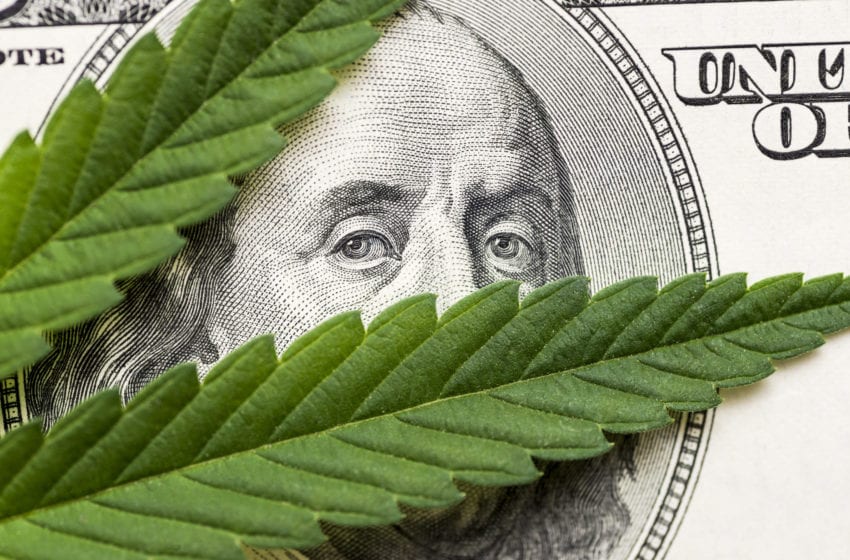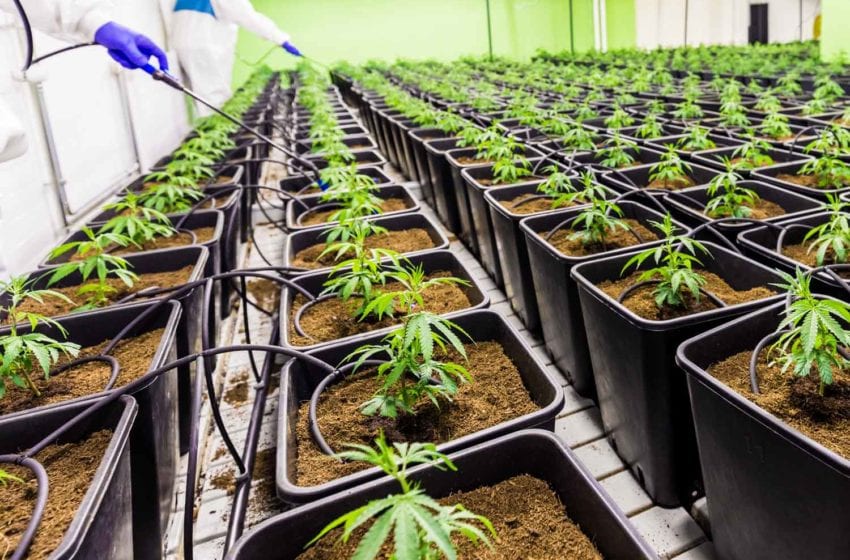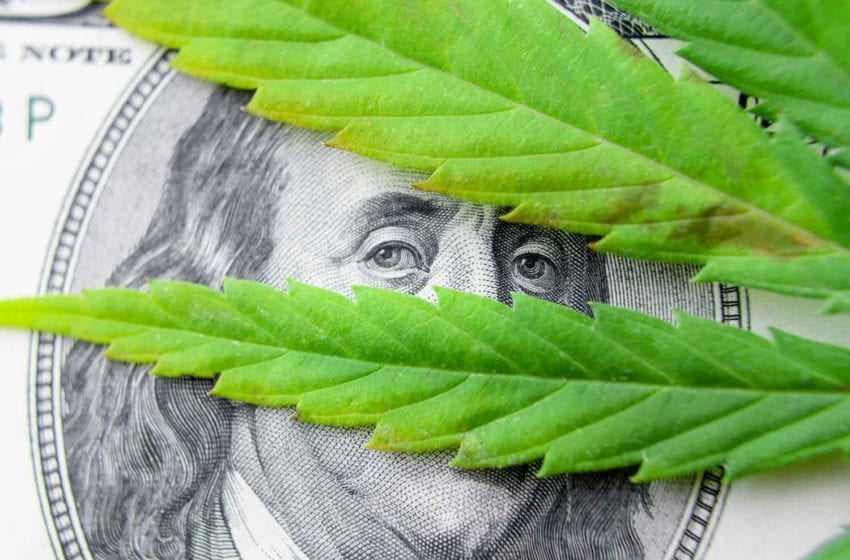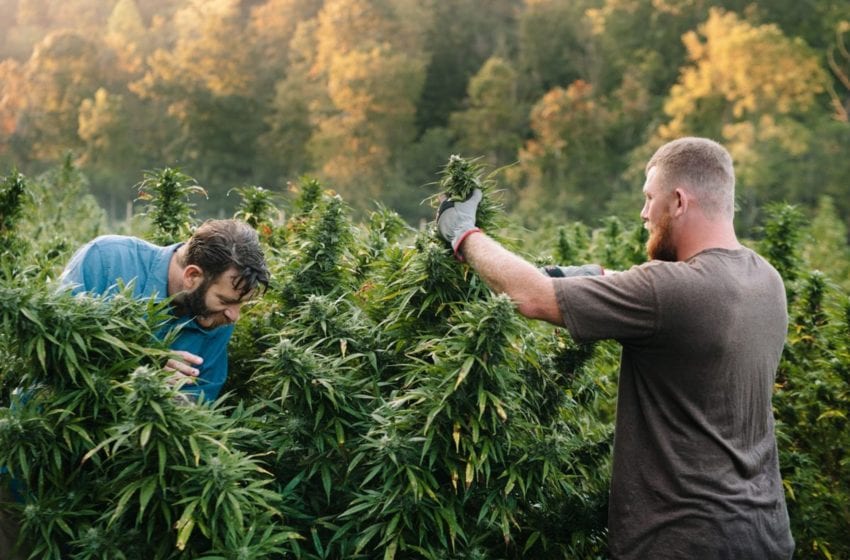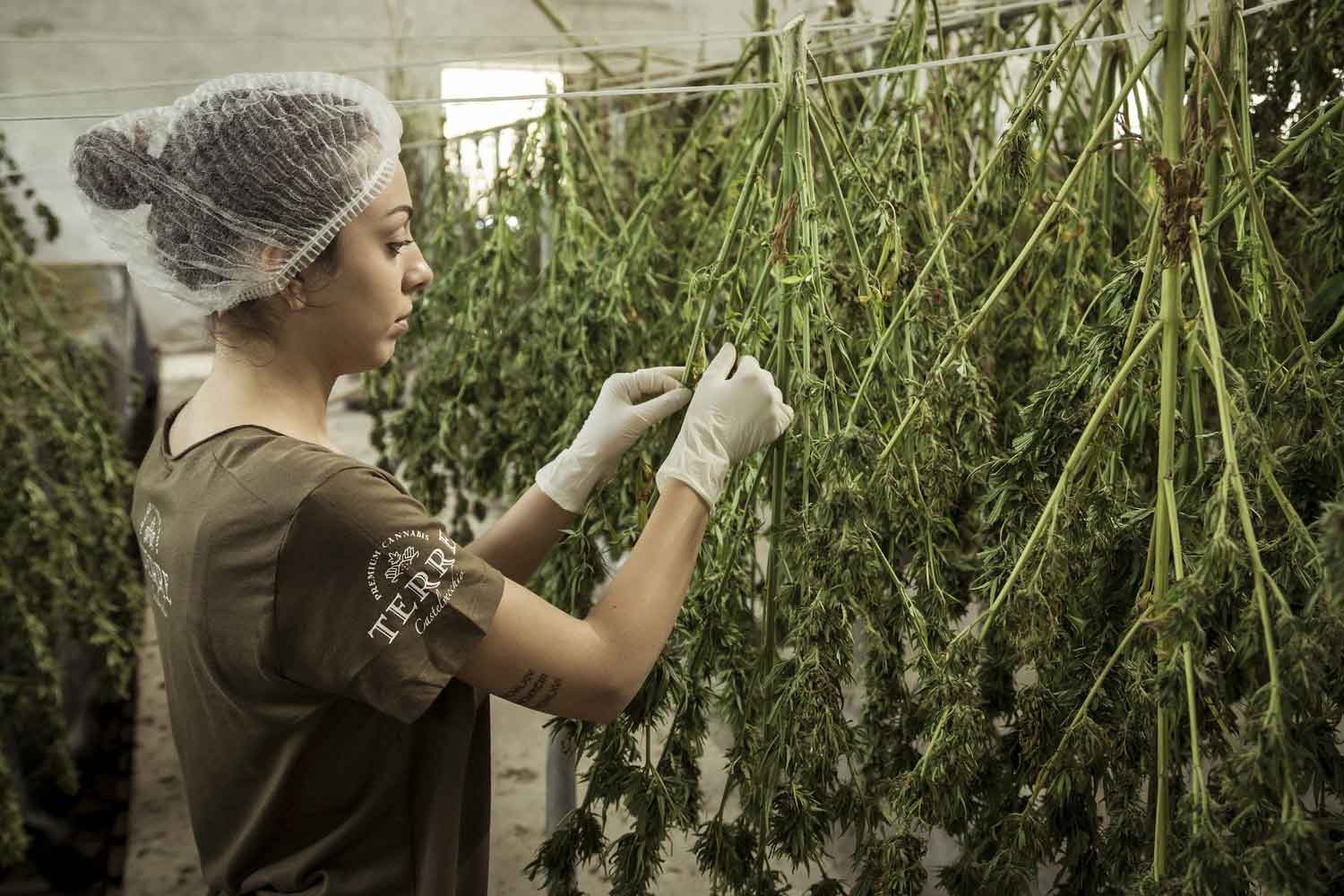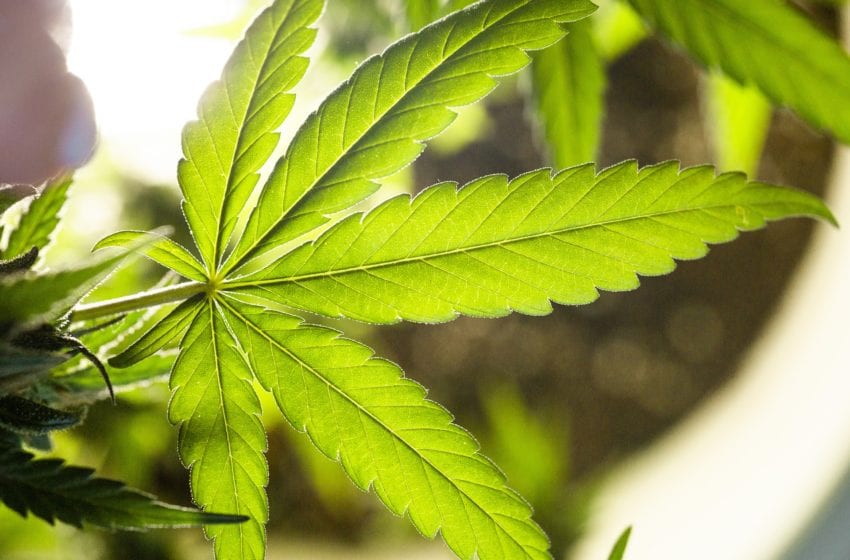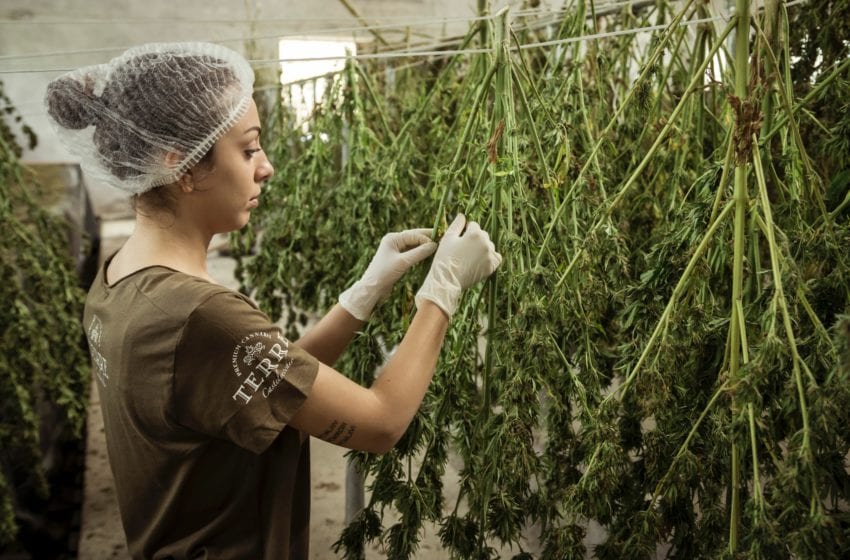The new bill in Connecticut that legalizes cannabis comes with a surprise. The legislation also bans vaping in many public places. In addition to being banned in health care settings, restaurants, state buildings and more, vaping and smoking tobacco or marijuana will now be prohibited in hotels, motels and other places of lodging, as well as in correctional facilities and halfway houses.

Additionally, in all places where vaping is prohibited it will be restricted not only indoors but also outside within 25 feet of a doorway, window or intake vent, according to the Hartford Courant. That means, for example, a restaurant worker who takes a smoke break outdoors will have to do so at a 25-foot distance from the building itself.
The full list of places where smoking is banned in Connecticut now includes:
- Any building, rail platform or bus shelter operated by the state (with the exception of public housing)
- Any health care institution
- Any retail food establishment accessed by the general public
- Any restaurant
- Anywhere alcohol is sold
- In or on the grounds of any school
- In or on the grounds of any child care facility
- In any elevator
- In any hotel room
- In any correctional facility or halfway house
- In any college dormitory
Landlords and building managers will not be allowed to prohibit the possession or consumption of cannabis but will be allowed to ban residents from smoking it. Connecticut recently joined 18 other states in legalizing recreation cannabis, after a multi-year effort in the state legislature.
Marijuana possession will be legal in Connecticut as of July 1, while retail sales are likely to begin next year. The bill lets people from cities that have borne the brunt of the war on drugs qualify for expedited licenses, in an attempt to reverse disproportionate impacts of marijuana prohibition.
“We had a chance to learn from others and I think we got it right here in the state of Connecticut,” Gov. Ned Lamont said before signing the legislation. “We weren’t the first but we were the first to show we can get it right.”


